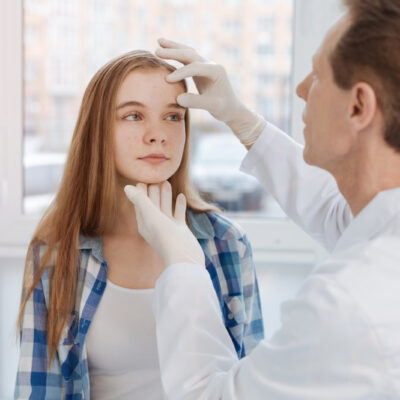
Health
4 Effective Types of Birth Control
Contraception is crucial for avoiding unwanted pregnancy and family planning. Unlike permanent contraception like sterilization, most of these contraception methods are inexpensive and have different levels of effectiveness. Here are some types of birth control methods and options for avoiding pregnancy and family planning. Male condom The male condom is one of the most common types of birth control methods and options. It is a thin covering made of latex used for covering the penis for protection against unwanted pregnancy and STDs (Sexually Transmitted Disease). Although male condoms are an inexpensive yet effective way for birth control, women are still recommended to use emergency contraceptive pills to avoid unwanted pregnancy in case the condom breaks. Emergency contraceptive pills Emergency contraceptive pills or morning-after pills are a type of chemical birth control that can be used by women within 72 to 120 hours of sexual intercourse. The pill temporarily blocks the process of ovulation. Levonorgestrel and Ulipristal pills are two types of emergency contraceptive pills that are prescription-based or available over-the-counter. Doctors suggest that emergency contraceptive pills are about 90% effective. However, they might not work if the woman has already ovulated. Other than emergency contraceptive pills, there are birth control options that can help avoid unwanted pregnancy for a longer duration.
Read More 










